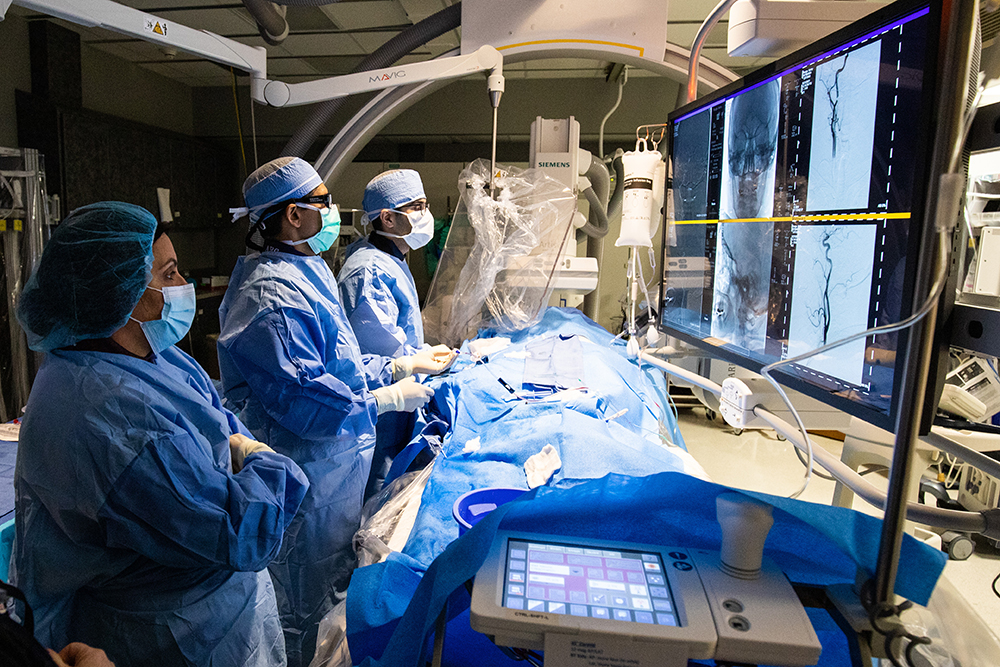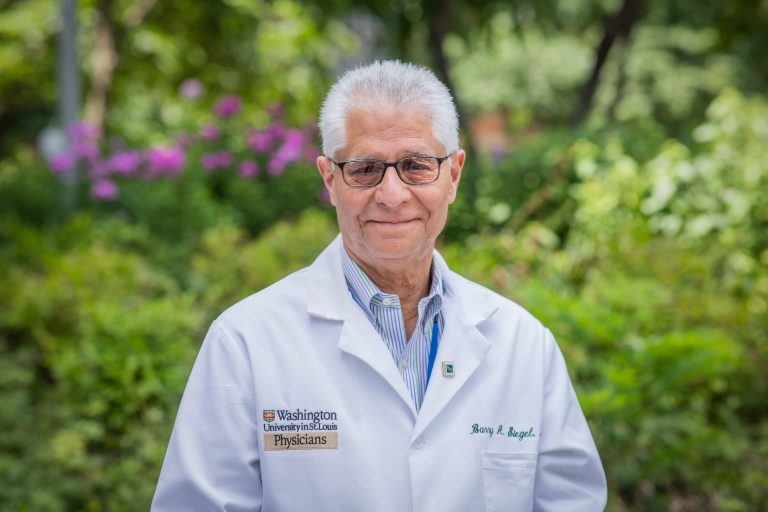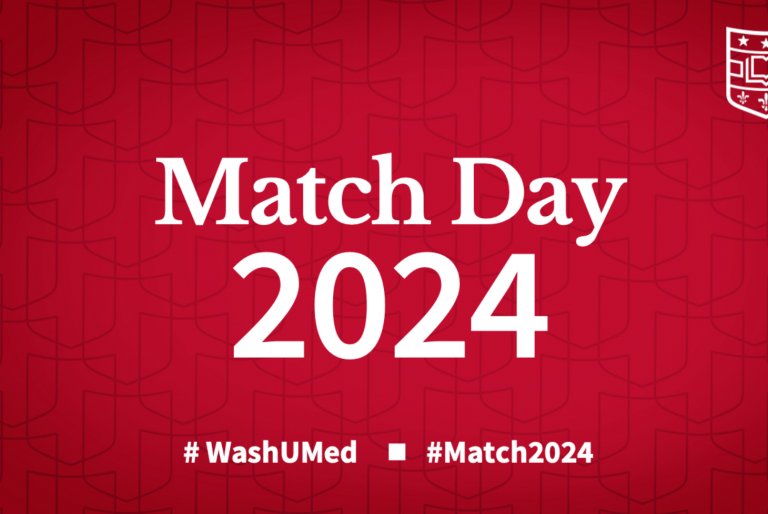Neuroendovascular Intervention
Program Director
Arindam Rano Chatterjee, MD
Associate Professor of Radiology, Neurosurgery and Neurology
Neurointerventional Radiology
Neurointerventional radiology is a specialty dedicated to treating disorders of the blood vessels in the brain, spine, head and neck. And no one has more experience in the region than MIR.






